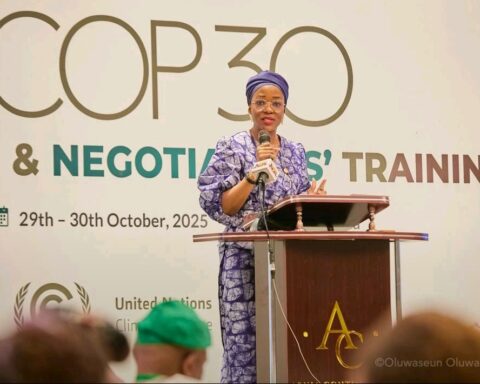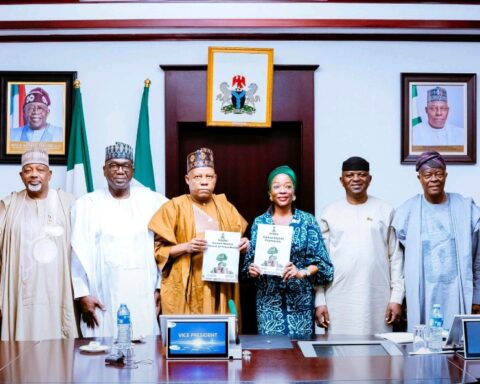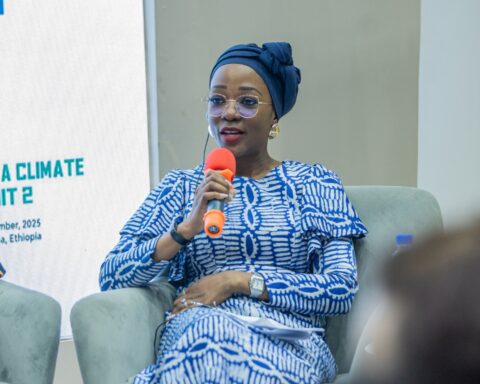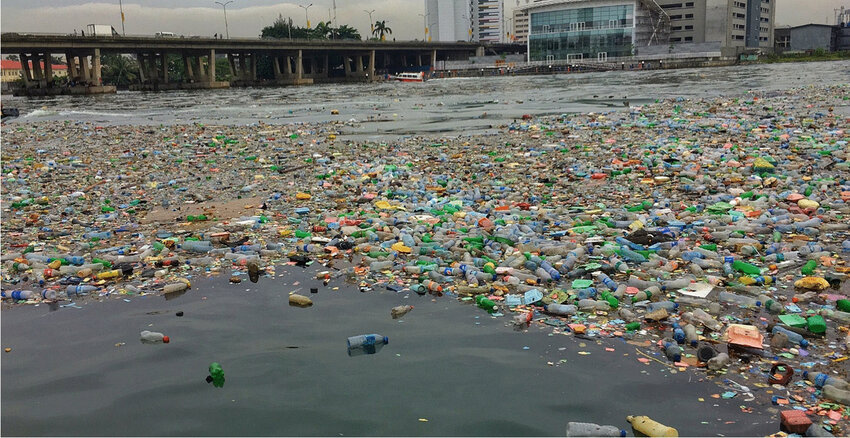Nigeria President Bola Ahmed Tinubu has appointed Omotenioye Majekodunmi as the new Director-General of the National Council on Climate Change (NCCC), Nigeria’s leading institution for climate policy coordination and implementation.
Majekodunmi succeeds Nkiruka Madueke, the council’s pioneer Director-General, who was appointed in June 2024.
In a statement released on Thursday, President Tinubu expressed appreciation for Madueke’s “dedicated service” and praised her for laying a “strong foundation” for the Council’s institutional growth.
The newly appointed Director-General, Majekodunmi, is a distinguished environmental lawyer and a climate finance expert with over 17 years of experience in climate governance, renewable energy transitions, and carbon market mechanisms.
She has worked across Africa and globally with both international development agencies and local institutions.
Prior to her appointment, Majekodunmi served as Financial Adviser to the NCCC, where she played a strategic role in designing Nigeria’s national climate finance architecture and advancing the country’s participation in international climate diplomacy.
Her elevation comes at a time when Nigeria is scaling up its climate commitments under the Paris Agreement and expanding its engagement in global climate finance and energy transition mechanisms.
The presidency said Majekodunmi’s appointment reflects President Tinubu’s strategic vision to position climate action as a catalyst for economic growth, energy security, and resilience.
“This administration sees climate action not only as an environmental obligation but also as a powerful driver of green jobs, investment, and inclusive development,” the statement read.
Nigeria, Africa’s most populous country and a key stakeholder in global climate negotiations, established the National Council on Climate Change in 2022 to coordinate inter-agency responses to climate risks, policy coherence, and financing efforts aligned with the country’s Net-Zero by 2060 target.
Majekodunmi is expected to bring renewed momentum to the Council’s mandate, strengthening its engagement with stakeholders across government, civil society, and the private sector, while also deepening Nigeria’s access to global climate financing opportunities.
By Dare Akogun








